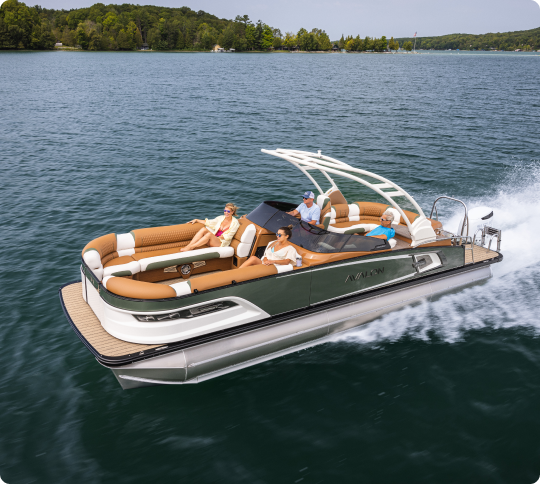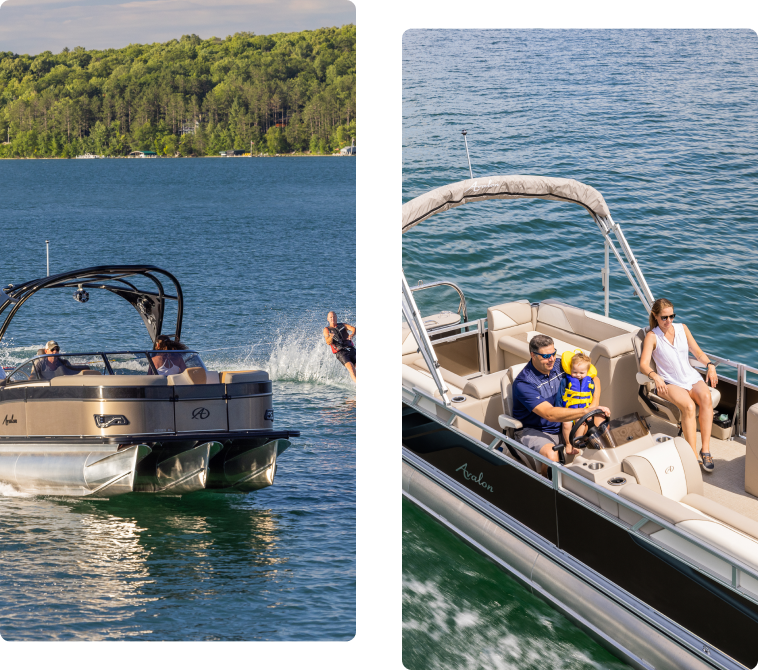



When selecting a pontoon boat type, consider how its weight aligns with your towing capacity and intended use.

Embark on 50 years of award-winning pontoon excellence with Avalon. Elevate your journey through unrivaled artistry, cutting-edge design, and supreme quality and service.


Understanding how much a pontoon boat weighs is crucial for safe operation and transportation. When you compare boats, remember that weights can vary significantly based on size, features, and materials. If you’re considering upgrading or purchasing a new pontoon boat, it’s essential to factor in how its weight will impact performance and towing capacity, ensuring a safer and more enjoyable experience on water. For additional insights on how pontoons compare with other boat types, you can check out more information on deck boat vs pontoon to understand which option might better suit your boating needs.
A typical pontoon boat weighs between 2,000 to 3,000 pounds dry, but this can increase substantially when you factor in fuel, passengers, and gear. By understanding these factors, you’ll be better equipped to choose, operate, and maintain your pontoon boat for optimal performance and safety. Whether cruising, fishing, or enjoying watersports, knowing your boat’s weight ensures a safer and more enjoyable experience on the water.
Copyright © 2024 Avalon Pontoon Boats. All Rights Reserved. Sitemap
Copyright © 2022 Avalon Pontoon Boats. All Rights Reserved. Sitemap
One of our Pontoon specialist or a local dealer near you will contact you to help configure the boat that matches your exact needs.
Thank you for taking the time to contact us with your questions and concerns. We love being available for you electronically. Recently, though, we have begun to receive duplicate emails sent to multiple people in the company. In an effort to increase our efficiency and improve our customer service, we would appreciate it if you use our online contact us form to the right so we can automatically direct your request to the correct people on our team.
If you are in need of service regarding a warranty, please contact your dealer (find your local dealer here). Contact us only if your dealer’s service does not meet your needs.
Thank you,
The Avalon Team
903 Michigan Avenue,
Alma, MI 48801